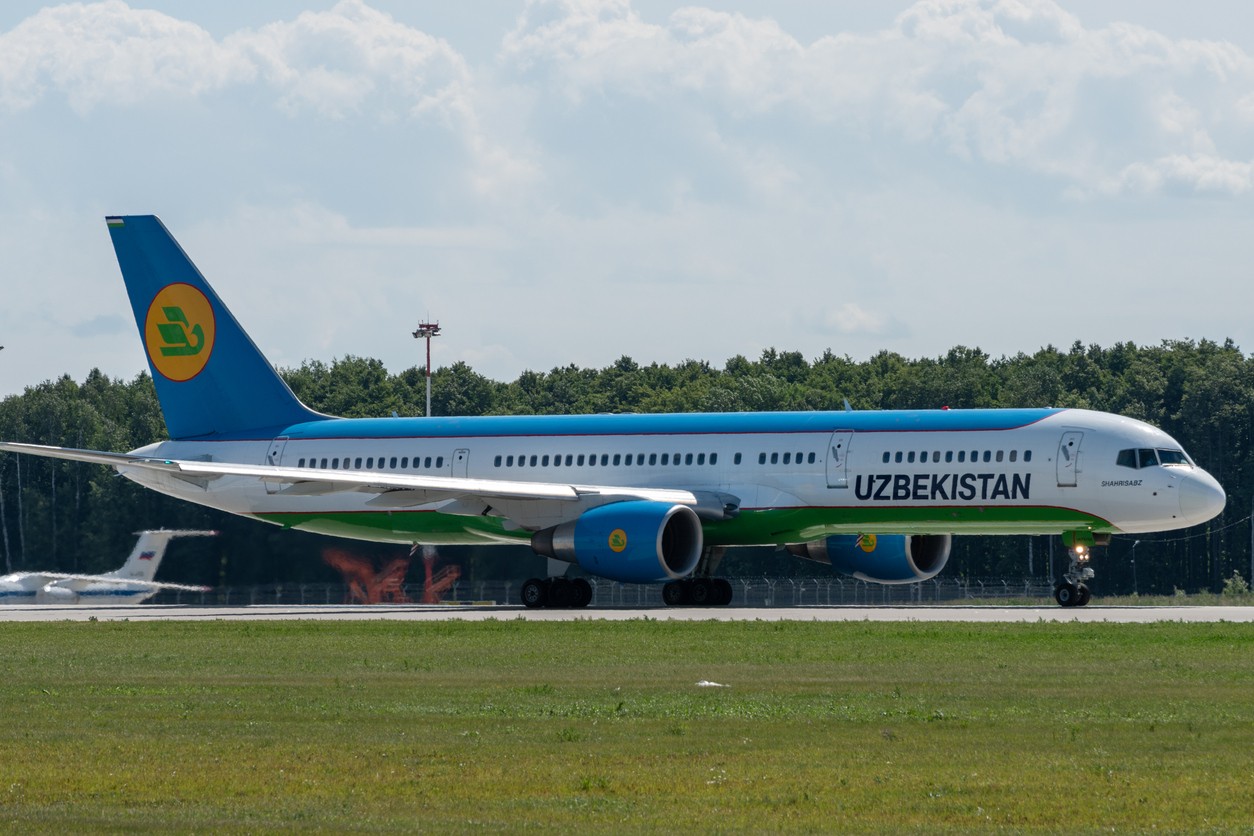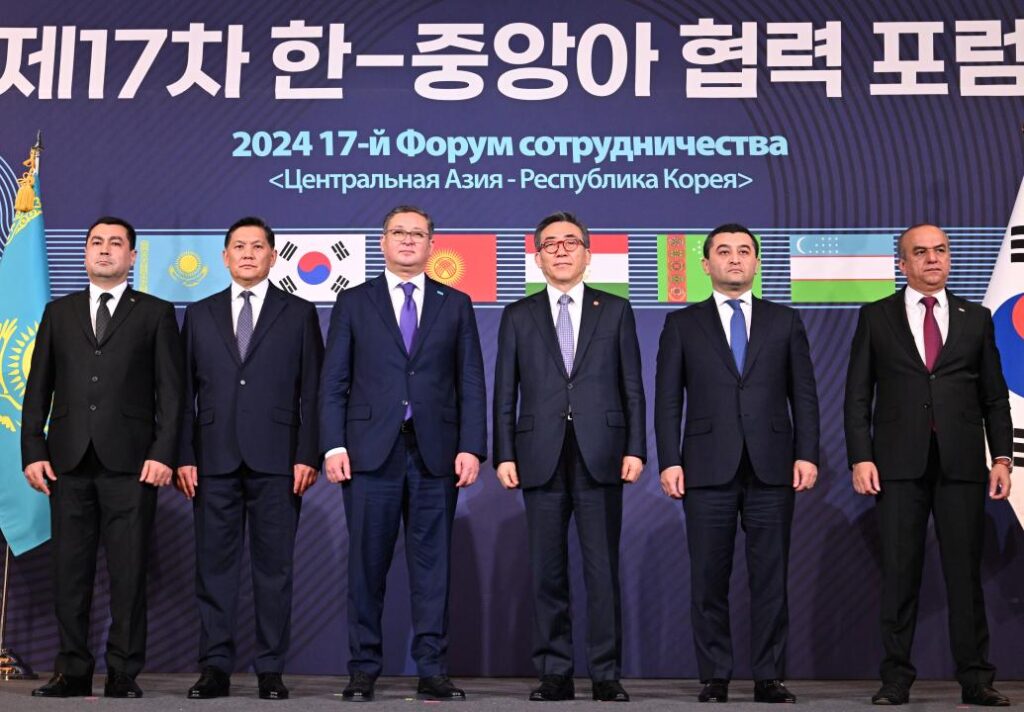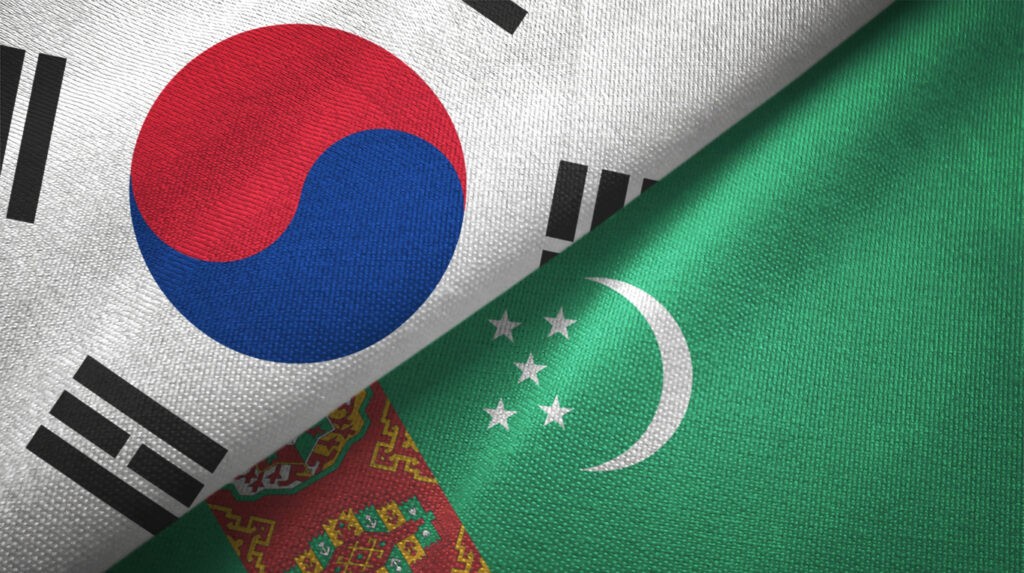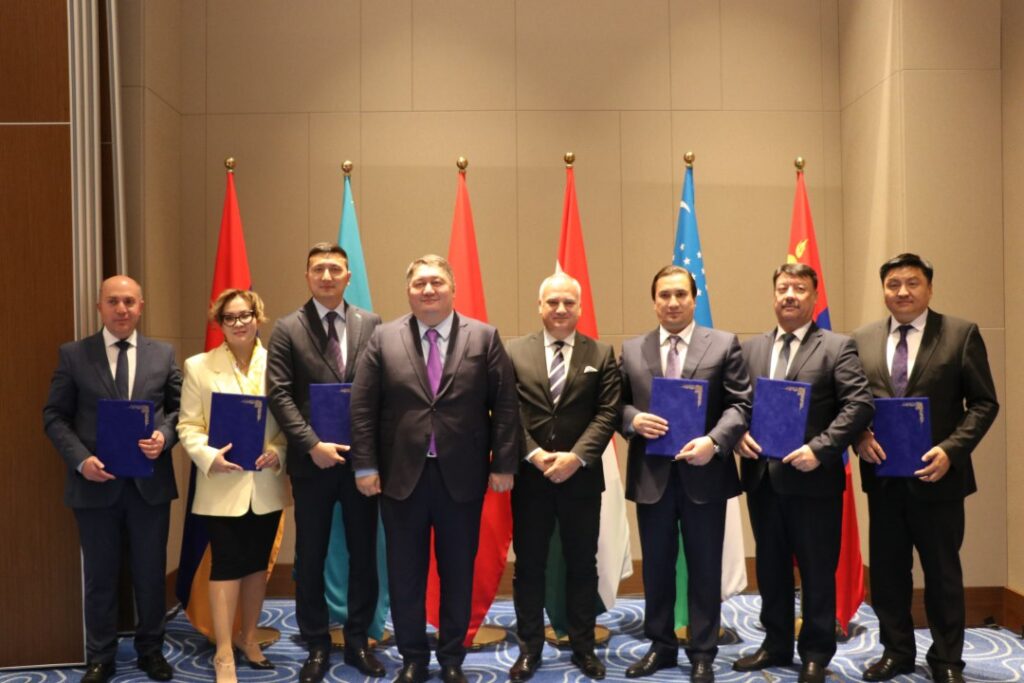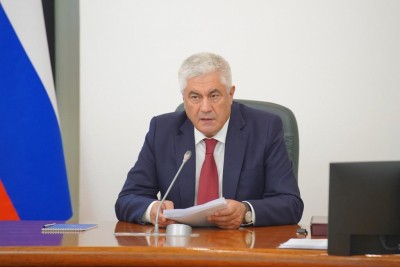During talks in Seoul this week, Uzbekistan’s Ministry of Transport and South Korea’s civil aviation authority reached agreements to increase the number of regular flights between Uzbekistan and South Korea from the current 10 to 24 per week for airlines of each country, raising the total weekly number of flights to 48.
According to the Uzbek ministry, airlines of both countries will operate up to 12 weekly flights between Tashkent and Seoul and up to four flights from South Korea’s regions to Tashkent.
Up to four flights per week will be performed from Uzbekistan’s regions to Seoul, and there will be up to four weekly flights between Uzbekistan’s regions and other South Korean cities.
An agreement was also reached on the bilateral use of the Open Skies regime at the international airport of Jeju, the second-largest airport in South Korea, and Uzbekistan’s Samarkand airport for airlines of both countries.
From the Uzbek side, flights between the two countries will be operated by the national air carrier, Uzbekistan Airways, and new airlines created by Uzbekistan — Qanot Sharq, My Freighter, and Air Samarkand.
According to the Uzbek ministry, these agreements will help develop trade and economic relations between the two countries, increase bilateral passenger and cargo turnover, and attract Korean tourists to the historical cities of Uzbekistan.
The Times of Central Asia earlier reported that South Korea is one of the most popular destinations for Uzbeks, both for work and studies. The Uzbeks occupy fifth place by size of the foreign diaspora in the country and number more than 69,000.
In recent years, the government of Uzbekistan has established regulations for legal and safe labor migration to South Korea. At the start of 2024, the government announced its intention to attract 100,000 Uzbeks to work in South Korea.
